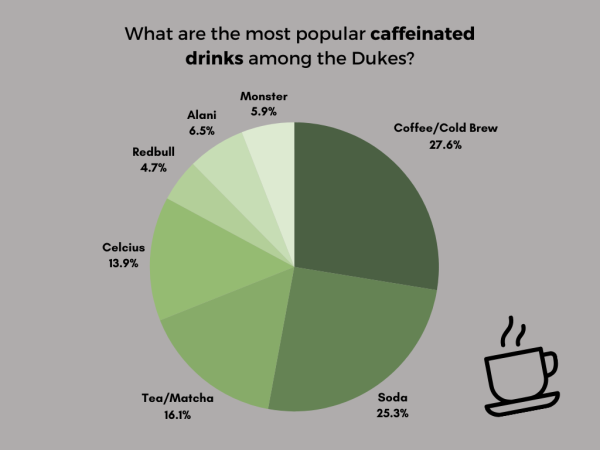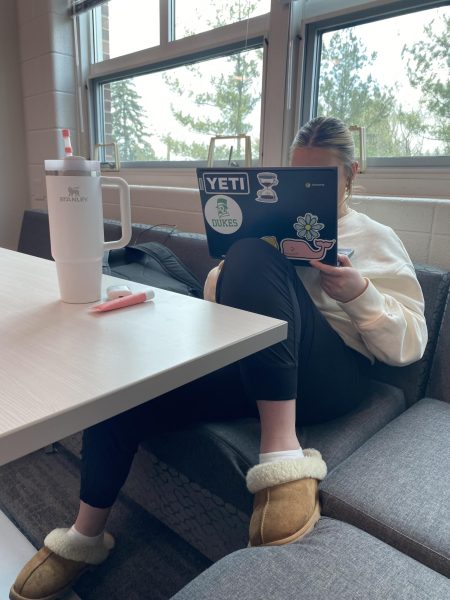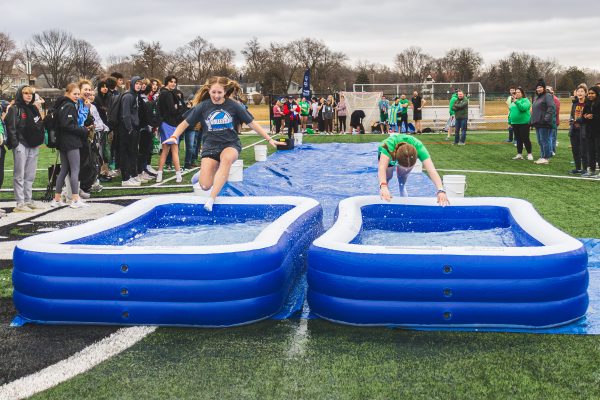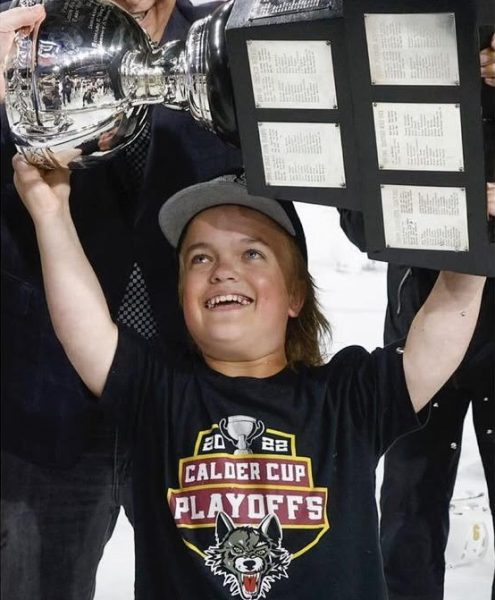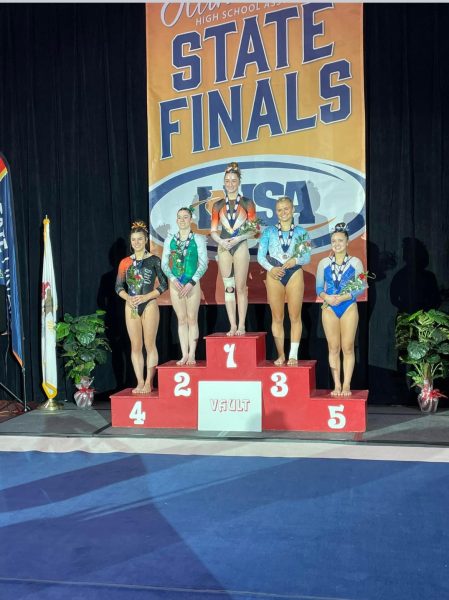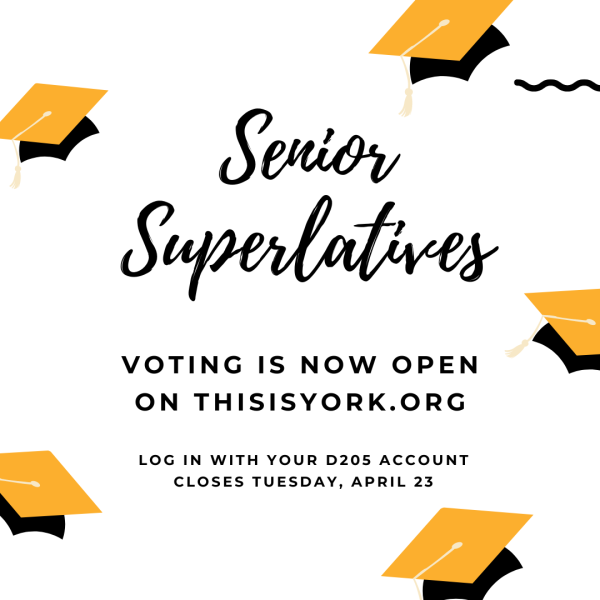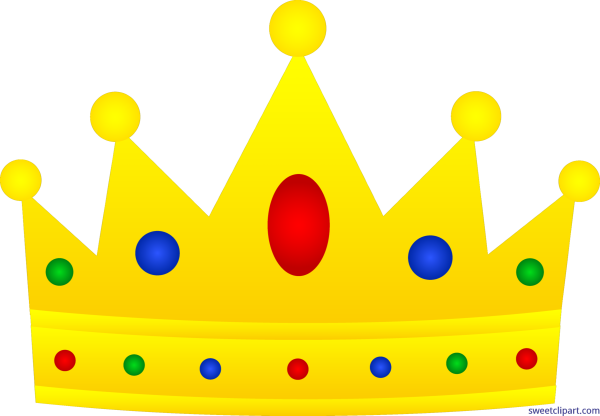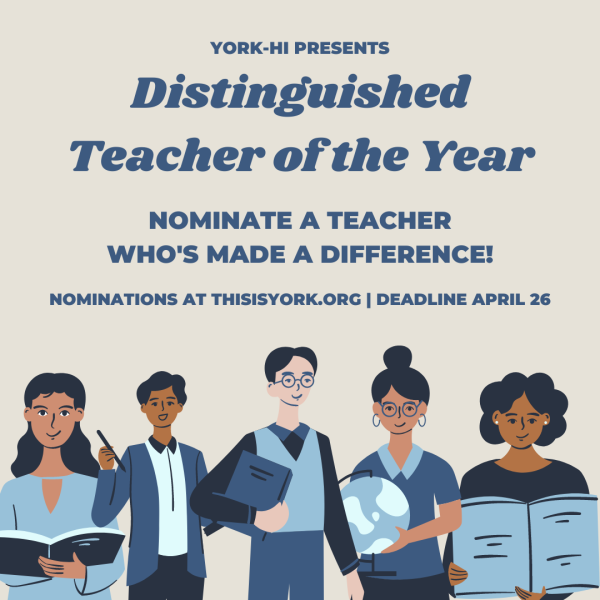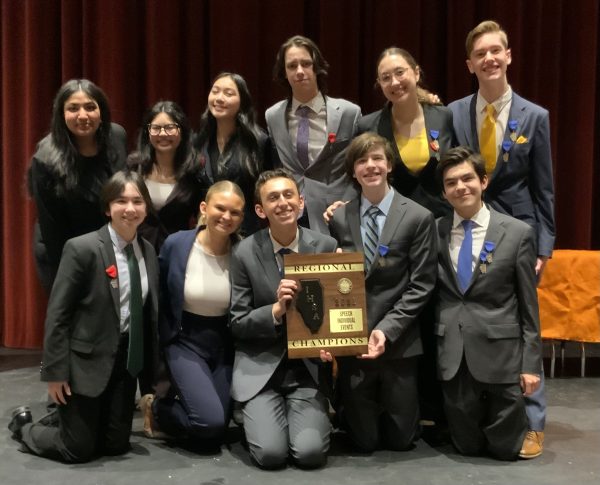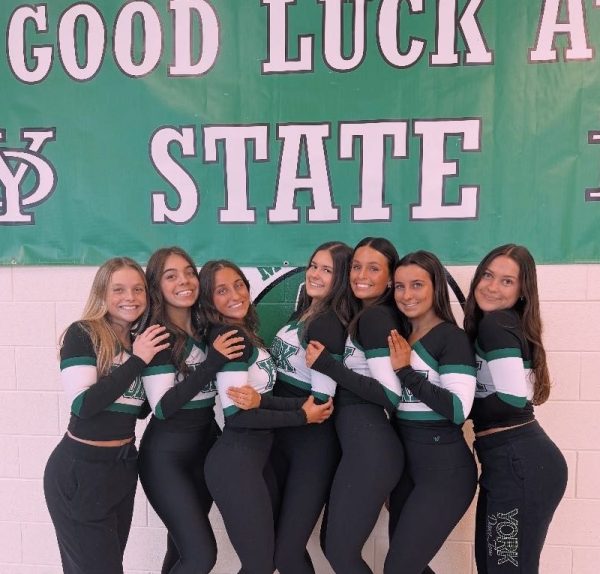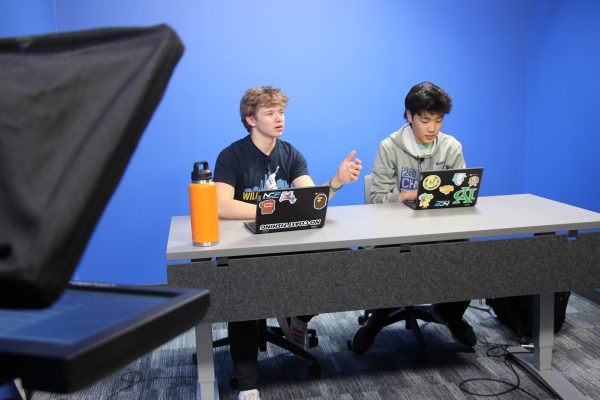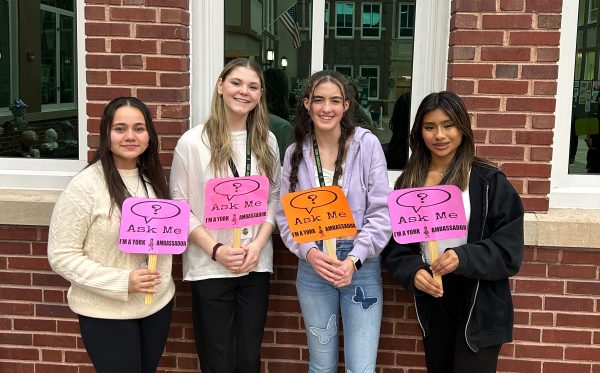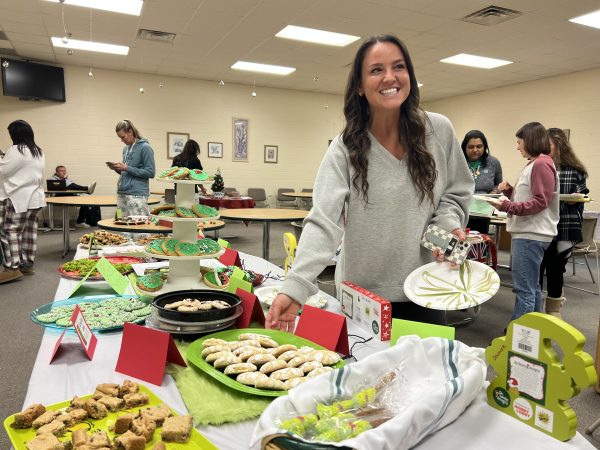Teenagers play judge and jury for teens in Elmhurst Peer Jury
For the past 15 years, the Elmhurst Police Dept. has been sponsoring Peer Jury, which meets at City Hall on the third Wednesday of every month in order to hear the testimonies of teenagers who have committed misdemeanors such as breaking curfew, or driving without a license.
Peer Jury is a program where teenagers between 14 and 18 years old act as judge and jury for other teenagers who have been caught committing minor crimes. They ask what happened and any other questions they might have for the defendant, and then give them a sentence meant to encourage the defendant to learn from their mistakes, like writing an essay or doing volunteer work. The defendant comes back before Peer Jury after a few weeks to discuss what they learned from writing the essay, volunteering, etc.
“The main purpose behind it is to help kids who are first time offenders if they are in trouble,” said Elmhurst Police Officer Carl Hawkins, one of the officers sponsoring the program. “It’s a way for kids who have made a minor mistake to learn from their mistake, and not have it on their permanent record.”
Since the whole point of the program is to give teens an opportunity to learn from their mistakes, no teenager is allowed to go through it twice — repeat offenses, however, hasn’t been a huge problem.
“When people offend repeatedly, it’s called the recidivism rate,” said Officer Nick Waldenmeyer, the other policeman sponsoring the program. “Both of us [Hawkins and Waldenmeyer] would say it’s pretty low. No recurrent offenders for the most part — that’s a very good thing and that’s why the program is very effective.”
The program focuses specifically on mid-range teenagers, as that is the group the program has been most effective with.
“[Participants] have to be juveniles, so that’s anybody under 18,” said Officer Hawkins. “We usually don’t take anybody younger than 14 or 15 — anybody younger than that and it’s a little bit tougher for them to learn from their mistakes, do papers and some of the other stuff were requesting of them.”
The papers and volunteering that defendants have to do as a penalty are decided by the Peer Jurors; if an offense is really minor, they might have to write a page long essay, and might have to do volunteering for 20 hours if the offense is a little more serious. A few weeks later, the defendant has to return to reflect on what they learned.
“I was there last February for my first meeting of Peer Jury, and I saw two of the kids come back in to read their essays,” said Honey Tey, a junior. “They had to explain why the wrote what they did, and I think it really made them think about their actions in a critical way.”
The meetings every month tend to vary greatly, as the caseload each meeting is different — that’s why the program is looking to find as many volunteers as they can to make sure they can cover every case that comes through them easily.
“For jurors, we’re looking for anybody who’s freshman to senior,” said Officer Hawkins. “Some of how people know about us is just word of mouth, from when jurors see kids at school that would be good. We do go to the schools, and some of the deans or teachers talk to kids that would be good for peer jury.”
If anyone feels like helping out their community and learning more about Peer Jury, call the Elmhurst Police Station and ask for either Officer Hawkins or Waldenmeyer.
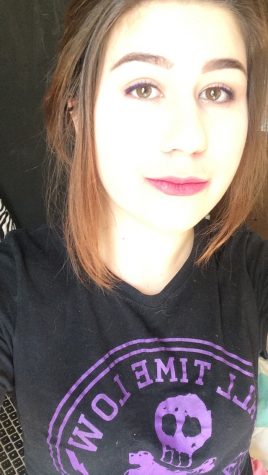
Gracie is a junior at York, in her second year on the York Hi staff as the Graphics Editor. She spends a majority of her time drawing, and on extracurriculars...



